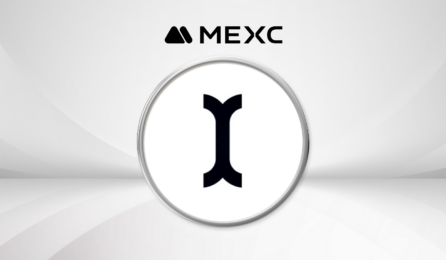
UK to impose carbon tax on imported raw materials from 2027
- The move is aimed at supporting domestic producers and reducing emissions.
- While industry groups have welcomed the plan, they expressed concerns over the proposed 2027 start date.
- The Treasury explained the tax is designed to ensure that foreign manufacturers do not undercut UK producers.
The UK government has announced plans to introduce a new carbon tax on imported raw materials such as steel and cement from 2027. This move, aimed at supporting domestic producers and reducing emissions, is part of the UK’s broader strategy to address the issue of “carbon leakage.” However, the government faces criticism for the delayed implementation of the tax.
The Treasury explained that the tax is designed to ensure that foreign manufacturers, who are not subject to carbon levies in their countries, do not undercut UK producers. Currently, UK manufacturers are at a disadvantage as they incur carbon-related charges, leading to a displacement of emissions to other countries where such levies are absent.
Chancellor Jeremy Hunt emphasised the role of the new levy in creating a level playing field for domestic and foreign producers.
This levy will make sure carbon-intensive products from overseas face a comparable carbon price to those produced in the UK.
Hunt believes that this measure will encourage UK industry to invest in decarbonization and contribute to global emission reduction efforts.
The tax will be based on a carbon border adjustment mechanism (CBAM), where charges will depend on the emissions generated during the manufacturing process and the carbon price gap between the product’s country of origin and the UK.
While industry groups have welcomed the plan, they expressed concerns over the proposed 2027 start date. UK Steel, a trade body, highlighted that the European Union is set to implement a similar mechanism a year earlier, in 2026. This could lead to high-carbon steel from countries like China being dumped onto the UK market for a year before the UK’s CBAM takes effect.
Gareth Stace, UK Steel’s director general, stated,
With more than 90% of global steel production facing no carbon cost, it is only right that a new carbon border policy is put in place.
However, he expressed concerns about the UK falling behind the EU’s timetable, noting that this delay could expose the UK steel sector to unfair competition.
Despite these concerns, the UK government’s decision marks a significant step in its commitment to reducing carbon emissions and supporting sustainable industry practices. The move to implement a carbon tax on imported raw materials underscores the UK’s dedication to achieving its decarbonization goals and transitioning towards a net-zero future.







